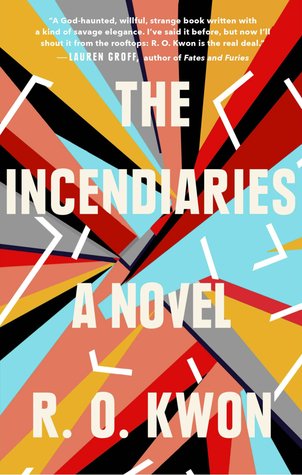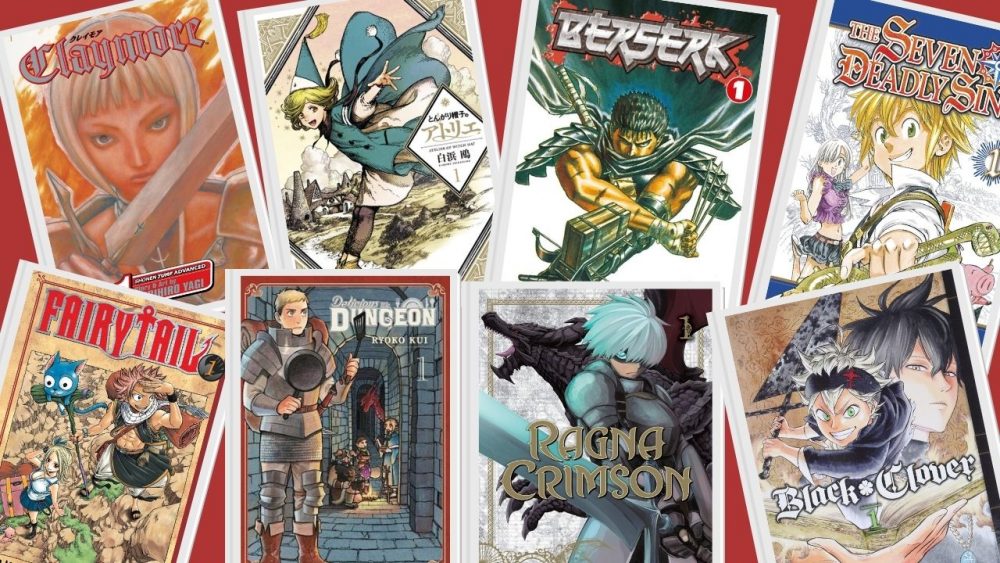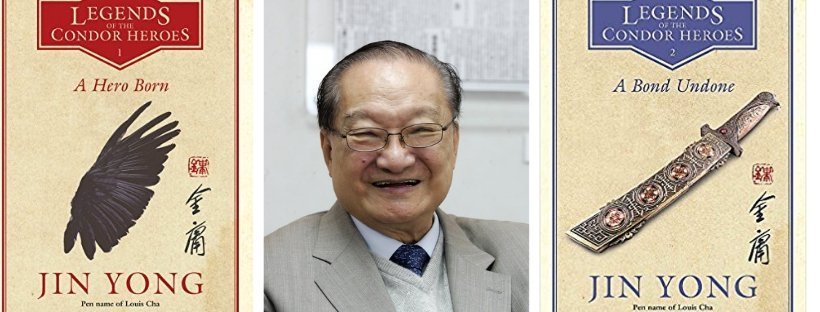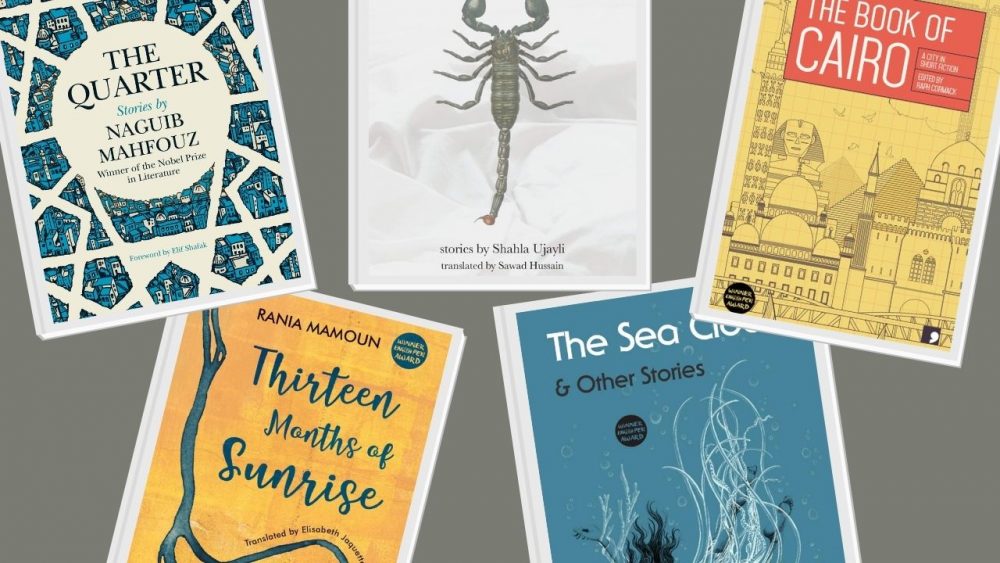John Leal, whose name is always written and spoken of in full, was detained in a North Korean gulag. Upon release – as a man transformed, he returns to his old university in the US, believing himself a kind of messiah, and begins the cult of Jejah.
Phoebe, born in Seoul and raised in the US – an impressionable, vulnerable, damaged student – joins the cult, looking for answers, and understanding, and to become whole. Will, new to this prestigious university, though from a very humble background, develops an obsession – and soon a relationship – with Phoebe. She is his cult, just as Jejah is hers.
This is The Incendiaries; an unsettling, frightening story of the fragility of our minds, and our willingness to believe whatever brings us comfort.
“People with no experience of God tend to think that leaving the faith would be a liberation, a flight from guilt, rules, but what I couldn’t forget was the joy I’d known, loving Him.”

The Incendiaries – A Story for Our Time
At a time of political unrest, with fascism on the rise and fear of one religion fuelling the fires of another, this novel could not have picked a better moment to arrive.
Many on the political left are right now fearing for the sake of free speech and liberal freedoms, and this novel serves as a warning for just how easily we can opt to have our minds changed and manipulated, and just how easy it can be for those who seek power to obtain it and quickly abuse it.
“I’d felt, for months, as though I lived pushed up against glass walls. I couldn’t find a way in. Out on the sidewalk, alone, I watched the crowds revelling inside. With Phoebe, the walls lifted. Invitations spilled out; warmth, life.”
An Even Structure
It is astonishing the assuredness with which R.O. Kwon writes this story. With confidence and grace, she has pulled together every aspect of storytelling, every writer’s tool, to make her chilling tale as affecting as possible. Her crisp, poetic style permeates this book making it a gripping read from start to finish.

This book is told from three perspectives: Will, Phoebe, and John Leal (always full-named). Noticeably, Will’s chapters are typically twice the length of Phoebe’s, and John Leal’s usually no more than a page long.
This division draws our focus onto Will as our protagonist, but creates intrigue for Phoebe, whom we never know quite as well as Will. And the sparse information we receive about John Leal is provided with a language akin to bible verse, and often lacking in context or setting.
Zooming in further, we see that the novel is structured without speech punctuation (Cormac McCarthy-style) and little mention of time or dates. Much of what we learn we have to piece together ourselves.
Pushing this even further is the ethereal style with which Phoebe’s chapters are written. Occasionally seeming like a stream of consciousness, her words and moments are far less weighted than Will’s, much in the same way that she herself feels and behaves.
“Here’s a wish, I thought. Don’t let me go. Until Will, I drifted: he attached me to this patch of earth. He clung all night.”
Will, weighted as he is, exists as our voice of reason. He walked away from Christianity some years ago, despite spending some time in Beijing as a missionary at age sixteen. From this new-atheist perspective he watches Phoebe, with a breaking heart, fall deeper into the cult of Jejah.
Beautifully, though, the stronger and weightier language which Kwon uses to write Will’s chapters very powerfully expresses his obsession with, and passion for, Phoebe. His love for her echoes hers for her new religion.
“I’d examined the glyphs as I might have a coded map, directions to Phoebe’s shining, inmost psyche, that visible opacity, which showed itself in allowing me to sight it hiding. Privation is lust; isolation, desire. I craved what she withheld. I always wanted to know more about how it felt, being Phoebe.”
A Scary Normal World
Through this story, R.O. Kwon tells us, both with confidence and discomfort, that we are all unusual. There are those of us who are broken and miserable, and those who are deluded and possessive. The Incendiaries holds a magnifying glass to the most extremes of these kinds of people, but their extreme situation never comes across, even for a moment, as unbelievable.
In fact, it’s this believability which is so chilling. This all seems so normal, and that’s because it is. So normal it leaves you weak.
If you like this then you might like Ponti by Sharlene Teo.



